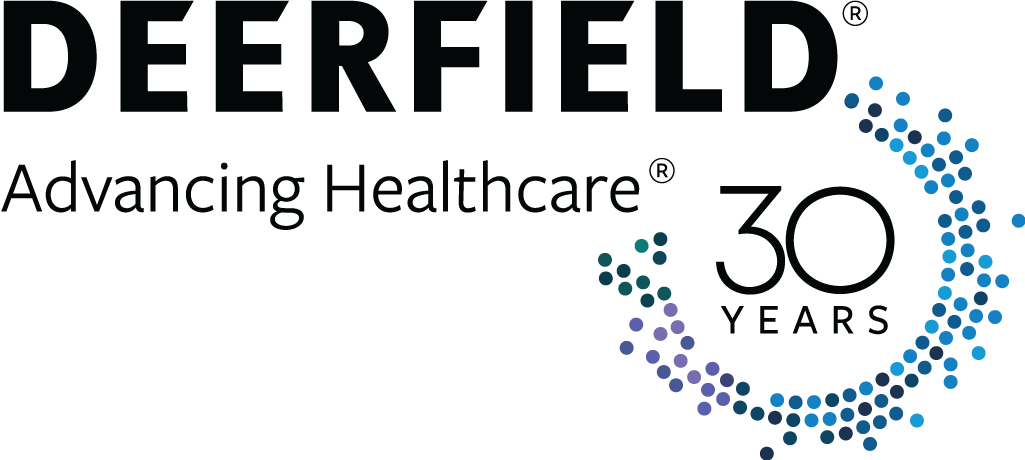During the last decade there has been much discussion and analysis regarding the gender imbalance that exists inside of corporate boardrooms. Numerous studies have documented the quantitative and qualitative benefits of boardroom diversity yet the percentage of board seats held by women remains stubbornly low. In the public arena, females make up less than 20% of all board members and in private companies, research suggests the ratio is much lower, due in large part to the shortage of female partners in the venture capital and private equity funds that often control board composition.
We believe that effective solutions to this imbalance must address both the demand and supply side of the equation. On the demand side, we believe that companies must be pushed to make a more deliberate and proactive effort to improve gender diversity. A recent analysis by Heidrick & Struggles found, at the current rate of change, it will take 28 years to achieve gender parity in the corporate boardroom. Clearly, we can’t rely solely on organic evolution. On the supply side, the pool of women with typically sought after credentials (prior board experience, C-suite title, established network of connections) needs to be expanded. Unfortunately, it is rare for well-intended solutions to simultaneously address both of these challenges. Companies with a professed desire to improve board diversity can’t always find an appropriate candidate or convince the nominating committee to look beyond their existing relationships for a fresh perspective. And women need a broader network of connections to recommend them and advocate for them, particularly in the face of such a classic chicken and egg dilemma of needing prior board experience to be considered as a viable boardroom candidate.
Inspired by several speaking engagements on the topic and the thought already devoted to advancing our Fellows program (which offers local college students from historically under-represented backgrounds on Wall Street a year-long fellowship with a path to full-time employment upon graduation), Deerfield realized that we were uniquely suited to tackling both sides of the problem. In collaboration with Oxeon Partners, a healthcare-oriented executive recruiting and investment firm based in New York, we set about launching an initiative to help prepare qualified women for their first board role and, over time, to help match them with appropriate board opportunities emerging from our portfolio companies. The program debuted earlier this year with a founding class of roughly 30 female senior healthcare executives with an interest in corporate governance. This group participated in a series of four educational sessions designed to support both finding and fulfilling board roles. Participants were also paired with board-experienced mentors and entered into a searchable database that can be mined on behalf of our portfolio companies seeking board candidates with specific skill sets or sector knowledge. In particular, we see real opportunity to take a leadership role in providing board positions in the companies that we form. The feedback from this initial effort has been very positive and we are already beginning to plan the 2017 program. We expect to broaden the list of invited participants and will seek nominations from a number of our public company CEOs as well as from other Oxeon and Deerfield relationships. At this time next year we hope to report back that a number of our alumni have distinguished themselves as valuable boardroom additions for a variety of our investment partners.











